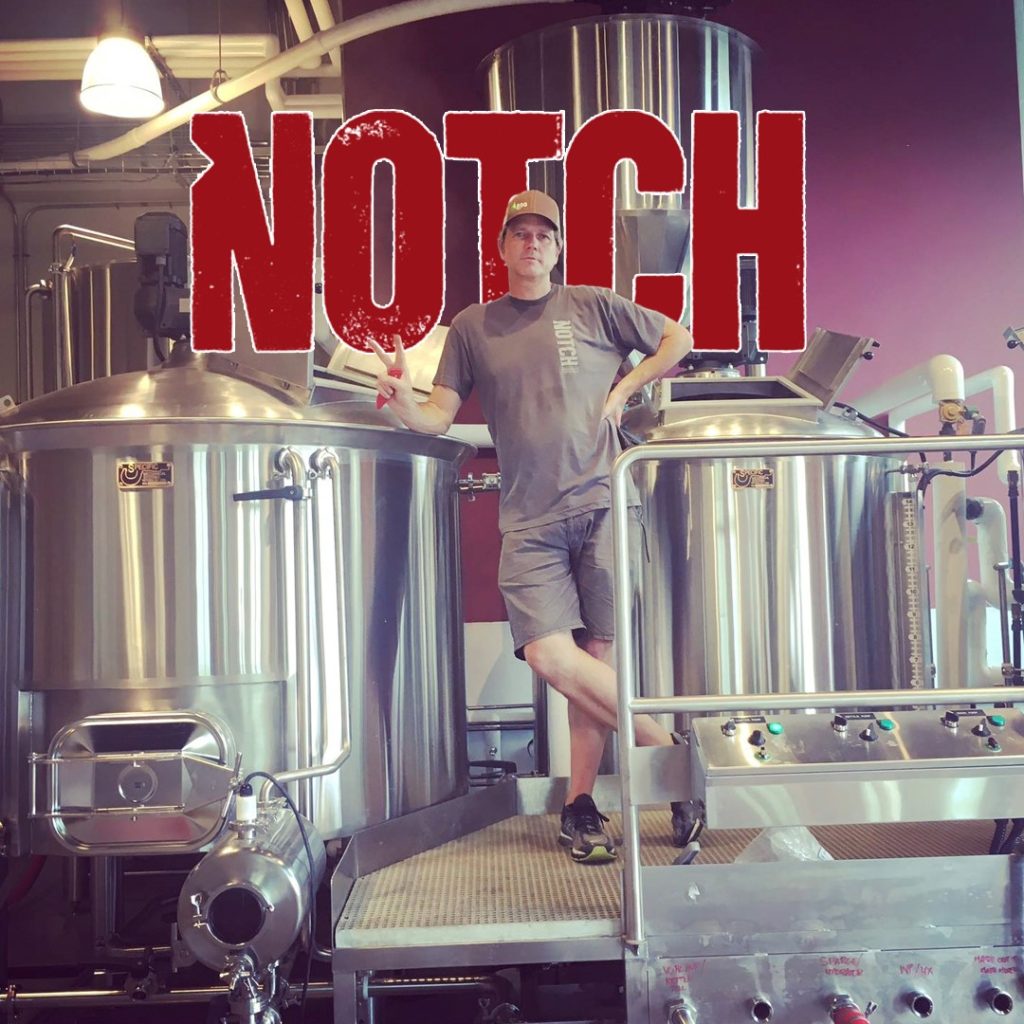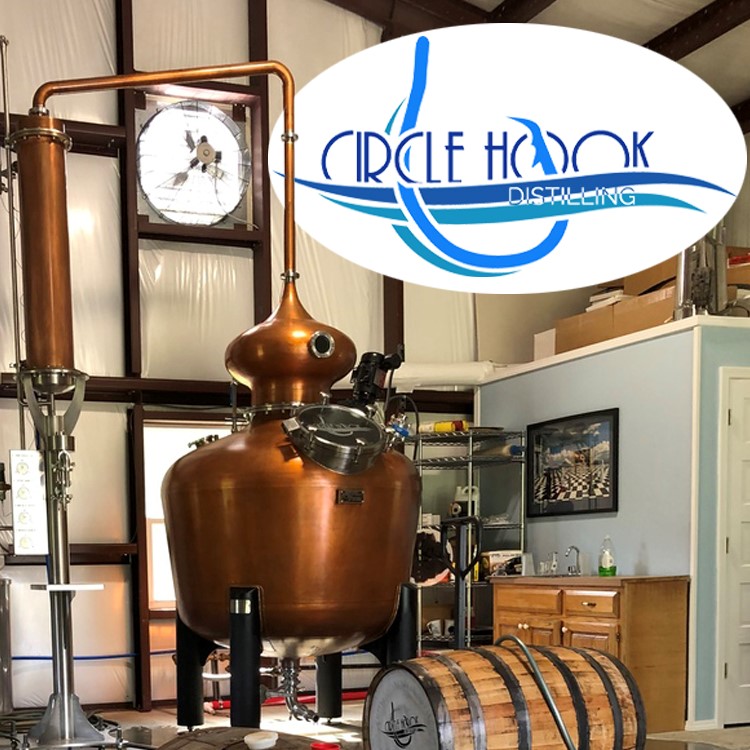In recent years, a significant shift in consumer drinking habits has been witnessed worldwide, leading to the emergence and rapid growth of the NOLO (No and Low Alcohol) spirits market. NOLO spirits are designed to mimic the taste, aroma, and experience of traditional alcoholic spirits like gin, vodka, rum, and whiskey. These products are crafted using botanicals, herbs, and other natural ingredients, which undergo distillation or fermentation techniques to create complex flavour profiles reminiscent of alcoholic spirits.
The surge in the demand for NOLO spirits can be attributed to various factors. Health-conscious consumers are seeking alternatives to high-calorie alcoholic drinks that may contribute to weight gain and other health issues. Additionally, an increasing number of individuals are adopting a more mindful approach to drinking, looking for options that allow them to socialize without the negative effects of alcohol.
Furthermore, the growing awareness of the potential risks associated with excessive alcohol consumption has prompted many to reduce their overall alcohol intake or explore non-alcoholic alternatives altogether. The stigma once associated with choosing non-alcoholic options has diminished, making it socially acceptable and even trendy to opt for NOLO beverages.
The rising popularity of NOLO spirits has given way to a surge in innovative products and brands catering to this niche market. Established liquor companies are diversifying their portfolios by introducing low-alcohol or alcohol-free versions of their popular spirits. Additionally, a wave of startups and craft distilleries has entered the scene, focusing solely on producing high-quality NOLO beverages. These products boast unique flavour profiles that cater to a wide range of tastes, preferences, and occasions. From floral and fruity gin alternatives to smoky and robust whiskey substitutes, the variety of NOLO spirits available today is astonishing.
The NOLO spirits market has witnessed significant growth, expanding rapidly across the globe. While Europe and North America have been at the forefront of this trend, the movement has also gained traction in Asia, Latin America, and other regions. Major cities and cosmopolitan areas are witnessing an upsurge in NOLO-friendly bars and restaurants, where patrons can enjoy a diverse selection of alcohol-free cocktails and spirit alternatives. Moreover, the online marketplace has played a crucial role in promoting NOLO spirits globally. E-commerce platforms allow consumers to discover and purchase products from different parts of the world, giving small and niche NOLO brands access to an international customer base.
The NOLO spirits market is not just a passing trend; it is a reflection of a broader societal shift towards healthier and more mindful lifestyles. As consumers become increasingly discerning about what they consume, the demand for sophisticated, non-alcoholic alternatives is likely to continue rising. For the beverage industry, embracing and expanding the NOLO spirits market presents a unique opportunity to cater to evolving consumer preferences and participate in the ongoing cultural transformation surrounding alcohol consumption.





